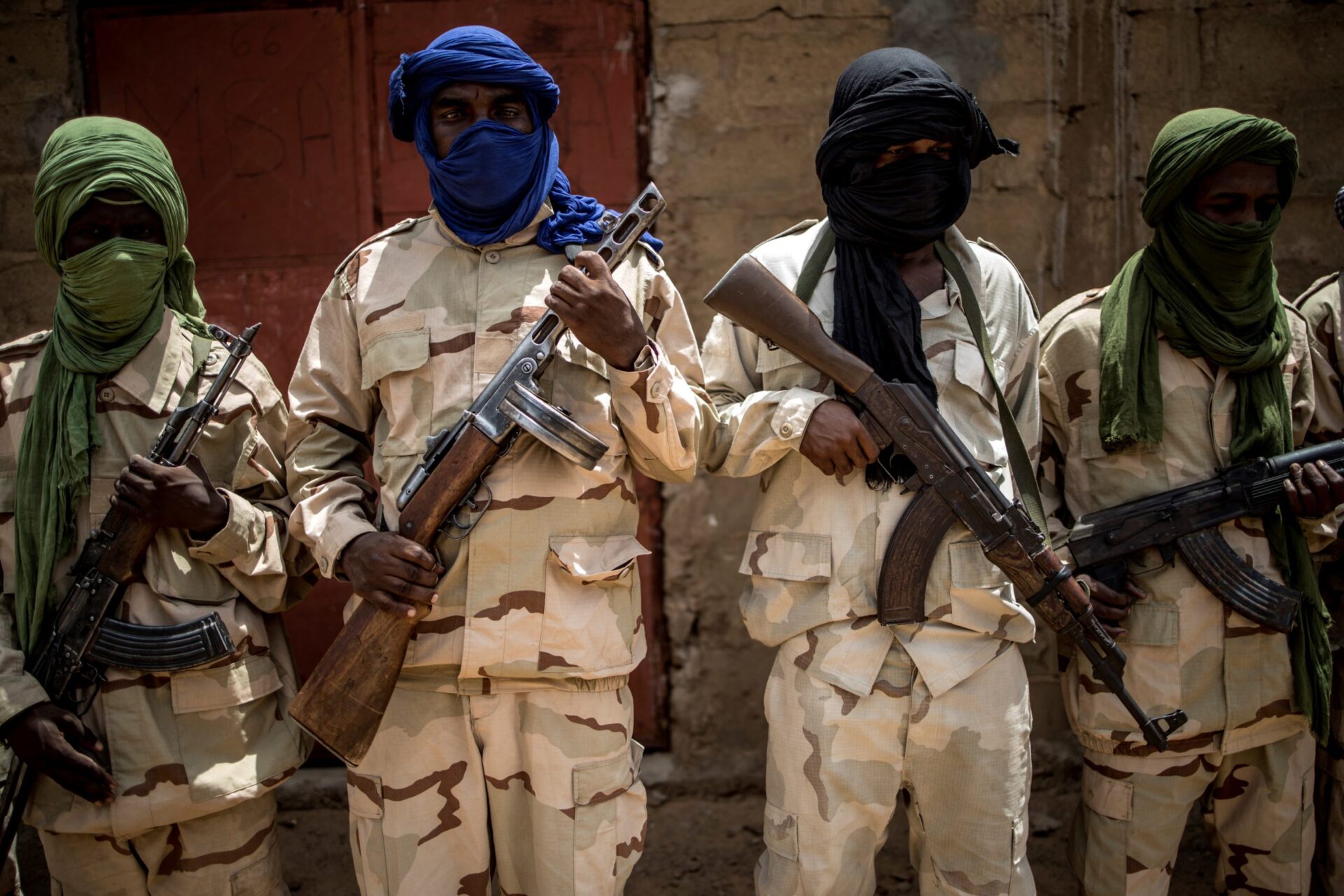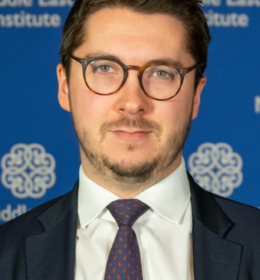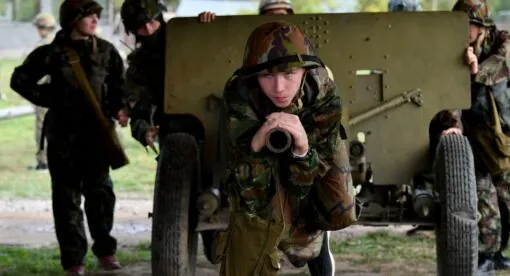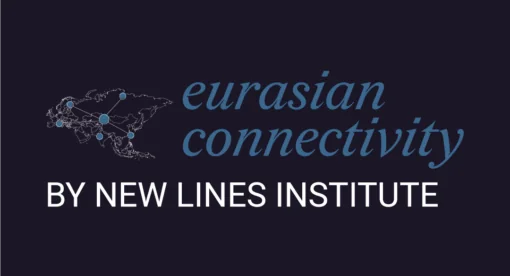The rise and fall of the Islamic State’s self-proclaimed territorial caliphate in Syria and Iraq has dominated the world’s attention and that of most counterterrorism professionals over the past five years. But during that same period, the Islamic State, or Daesh, has also grown internationally, acquiring more than 20 new branches abroad; al Qaeda and its affiliates have adapted and evolved; and new jihadist strategies have emerged. Jihadist groups now operate in many more countries than they did in years past. At a time when much of the world appears fatigued by foreign interventions and distracted by domestic politics, the future of the global jihadist struggle appears more secure than ever.
This is a hard reality to swallow, but it does appear to be a reality. The key to this trend is the extent to which jihadist movements are increasingly exploiting expressly local conflicts and sources of instability in order to establish themselves as power players in new areas of operation. Nowhere has this been more clear than in Africa, where jihadist groups now operate not just in North Africa and countries like Somalia and Mali, but also in the Democratic Republic of Congo, the Central African Republic, Mozambique, Burkina Faso, Cameroon and Chad. In places like these, preexisting political, ethnic, sectarian, territorial and agricultural enmities appear to be subject to exploitation and in some cases — as in the Sahel and in conflicts involving members of the Fulani ethnic group — to the introduction of jihadist ideologies and global terrorist brands.
To a large extent, though, these conflicts remain distinctly local and driven by specifically local actors. For example, although Daesh appears to have acquired some influence within portions of the decades-old Allied Democratic Forces militia, the DRC has not become a central node of Daesh’s global jihad — at least not yet.
The Lure of Local Tensions
With the conflict in Syria declining in intensity, the unprecedented global mobilization of foreign jihadist fighters that occurred between 2013 and 2016 has come to an end. It is hard to imagine that being replicated again in the near future, whether in Syria or in any corner of the globe. Al Qaeda and Daesh appear to have acknowledged that fact, and the nature of the expanding list of jihadist fronts reflects the new reality: The new phase of the global jihadist movement is turning local. This is likely to have profound implications for the international community, particularly for governments that exist within or are surrounded by these unstable environments. Principal among those implications is that intrinsically local conflict drivers, rather than those of a global nature or relating to a specific extremist ideology, will provide jihadist movements with resources and theaters in which to grow.
Extremist ideologies will always exist. Though countering violent extremism and other counter-narrative activities remain worthwhile, we must accept their limitations. Defeating Daesh’s territorial entity in Syria and Iraq — though large in scale — actually represented an easy challenge for counterterrorist actors when compared to the challenges posed by jihadist fronts focused on and existing within exclusively local dynamics. By embedding in local environments and pursuing solely local objectives, jihadist actors can develop a kind of protective blanket that gives them a strong chance of growing in popularity and credibility when facing external attack. Developments in northwest Syria and Yemen in recent years have demonstrated the benefits of attachment to local and limiting factors, or even of ending a jihadist group’s global nature.
Combating Instability
Assuming this trend is sustained, the implications for the international community are clear: Far greater efforts need to be expended on ameliorating the root causes of instability, like socio-political, ethnic and sectarian divisions; economic underdevelopment; corruption; poor governance; repressive and corrupt governments, injustices, and the like. . Yes, these are long-term challenges, but the longer they are left untouched, the deeper they ingrain themselves, and the more explosively they can be exploited by extremist movements and their infectious ideologies.
For many governments in the Middle East and Africa, acknowledging the value of local tensions to extremists is a deeply unpopular ask – in part because it could also place a limelight on their own failings in terms of freedom, human rights, and just governance. There is, after all, a reason why so many of these governments focus so obsessively on countering the ideology as being the only key to defeating the likes of al Qaeda and Daesh. There is also a reason why governments in the West are reluctant to delve too deeply into the localism and root causes argument: Doing so leads to the simple and expensive conclusion that there is a need to invest long-term in stabilization, development, reconstruction, and good governance initiatives.
Since 9/11, it has been possible to sidestep this reality because of the urgency of countering first al Qaeda and the Taliban, and then later the likes of al Qaeda in Iraq and then Daesh. But the situation we face today demands that the international community embrace what a successful and sustainable counterterrorism strategy looks like. Yes, countering extremist ideology is important. So too are the battles on the Internet and in the financial space, as well as the constant need to detect and neutralize imminent terrorist threats. But if the next phase of the global jihad is one defined by expressly local dynamics — and given that the scope of the challenge is already expanding to new, untouched regions and countries — it is time that the world focuses its resources squarely on pulling the rug from under the feet of this multi-generational threat.
Charles Lister is a Senior Fellow and Director of the Extremism and Counterterrorism Program at the Middle East Institute (MEI). Lister’s work focuses primarily on the conflict in Syria, including as a member of the MEI-convened Syria Study Group; and on issues of terrorism and insurgency across the Levant. He is the author of the critically acclaimed book, “The Syrian Jihad: Al-Qaeda, the Islamic State and the Evolution of an Insurgency” (Oxford University Press, 2016).
The views expressed in this article are those of the author and not an official policy or position of the Newlines Institute.







